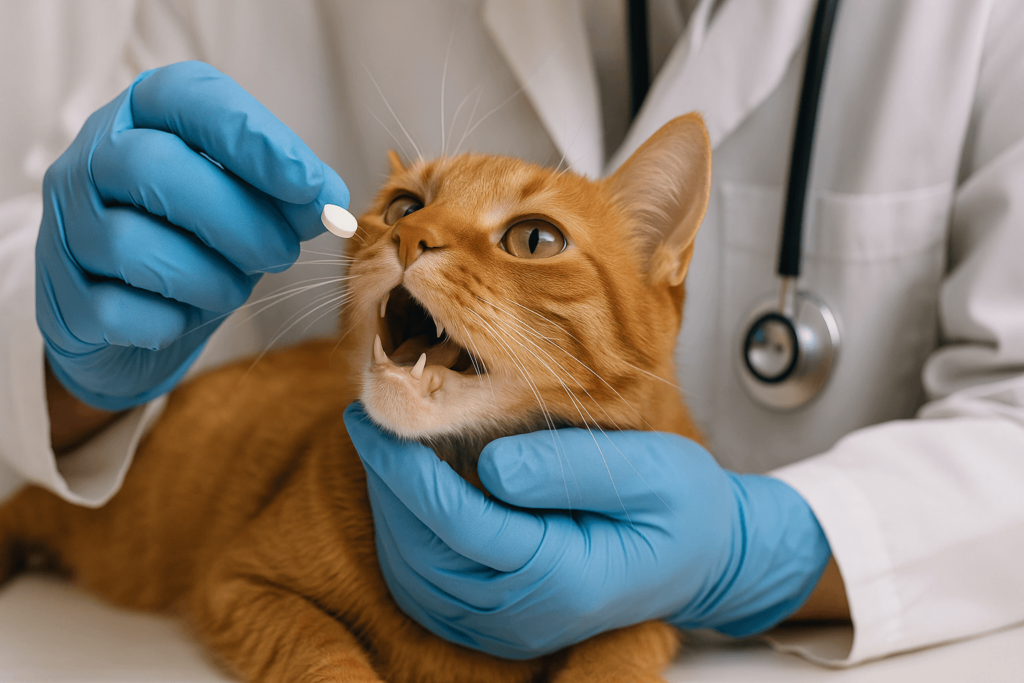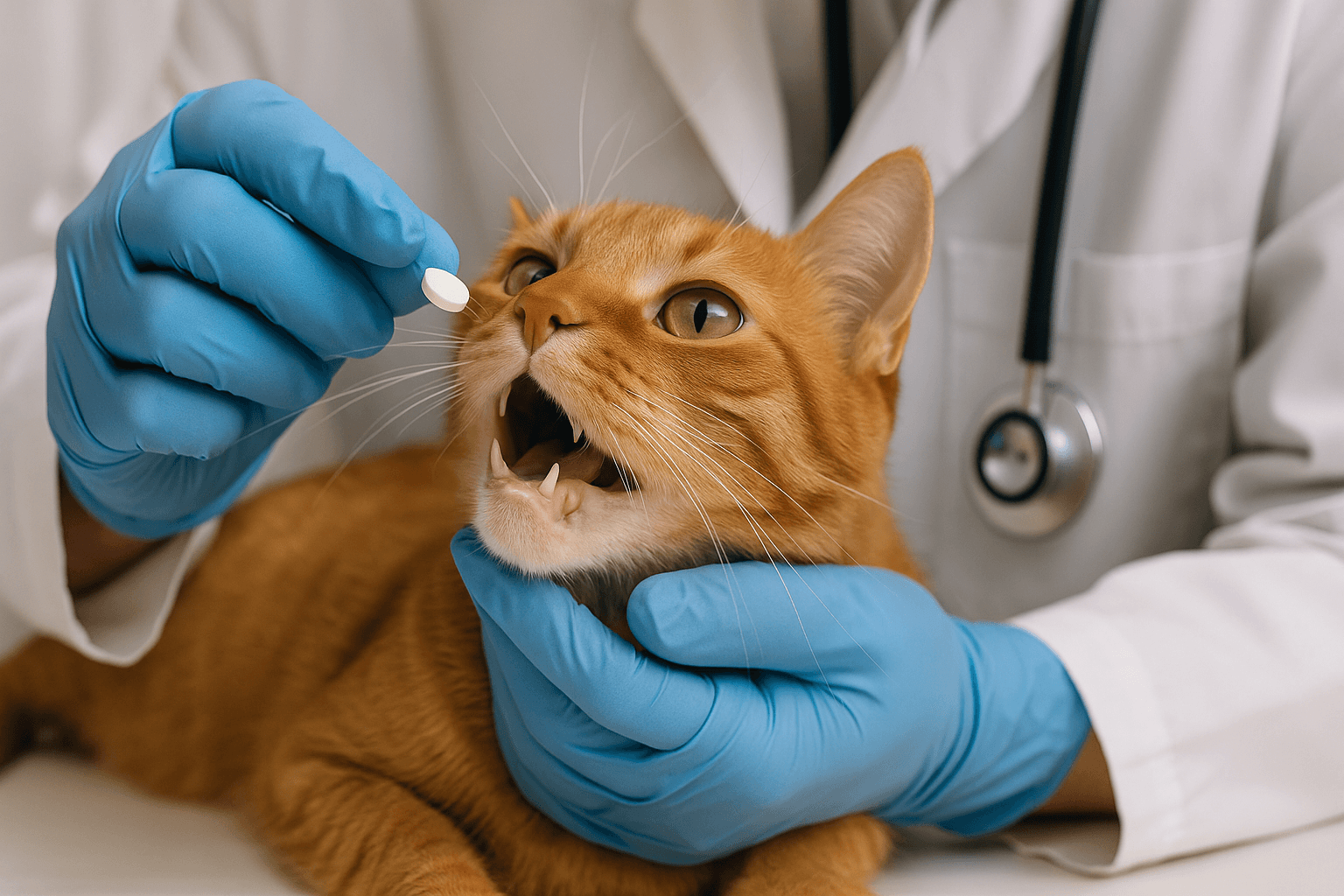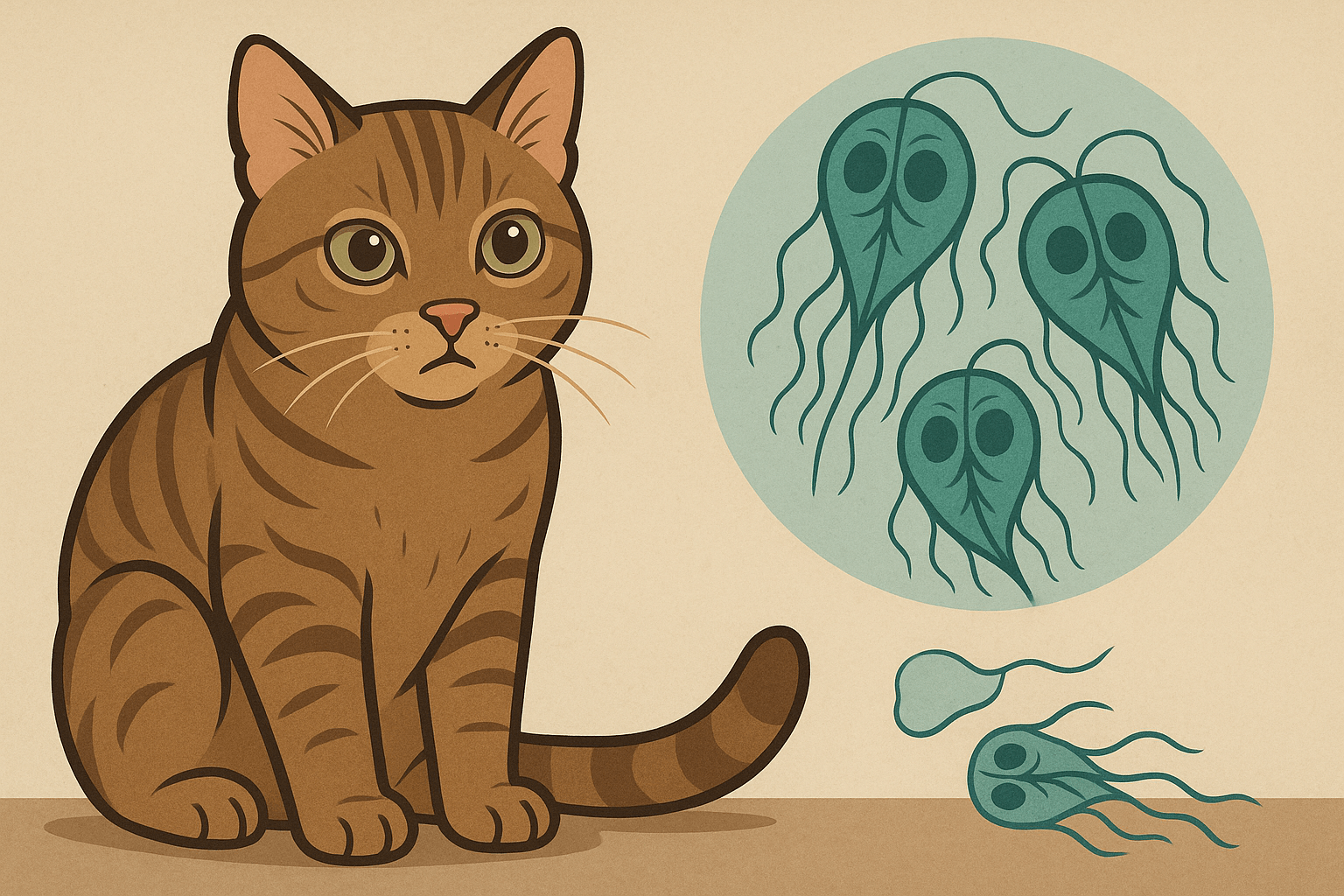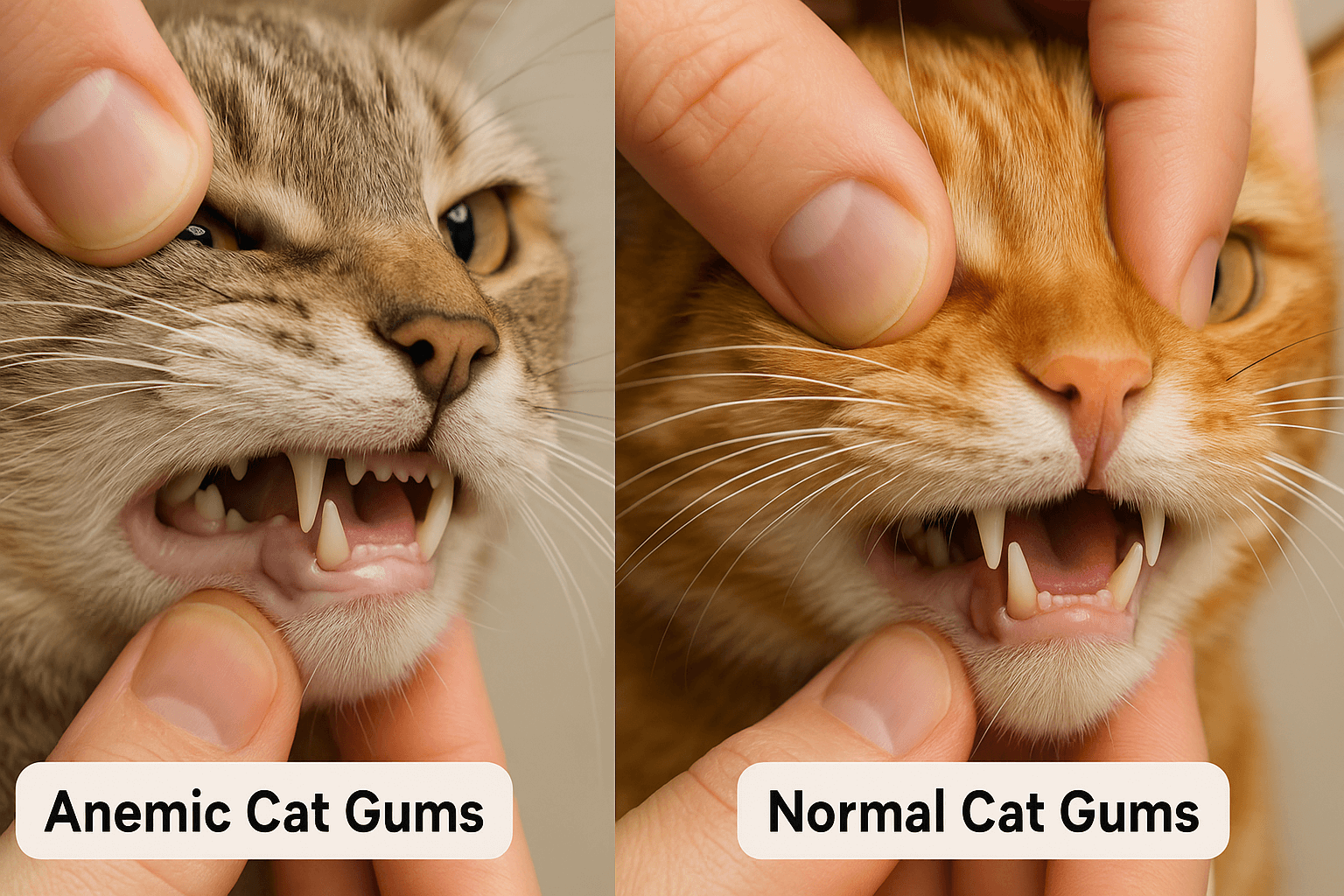Can You Give a Cat Tylenol?
When your beloved feline friend is in pain, it’s natural to want to help them feel better as quickly as possible. However, reaching for human medications like Tylenol (acetaminophen) can be dangerous—and even life-threatening—for cats. While Tylenol is a common over-the-counter pain reliever for humans, it is not safe for our furry companions due to their unique physiology. Understanding why Tylenol is harmful to cats and what alternatives exist is crucial for ensuring their health and well-being. In this blog post, we’ll explore the risks of giving Tylenol to cats, safer pain management options, and how to respond if your cat accidentally ingests this medication.
Why Tylenol Is Toxic to Cats
Cats lack certain enzymes that allow humans and other animals to metabolize acetaminophen safely. This makes Tylenol highly toxic to them, even in small doses. Here are the key reasons why Tylenol poses such a significant risk.
Lack of Glucuronyl Transferase Enzyme:
Cats cannot efficiently break down acetaminophen, leading to the buildup of harmful byproducts in their bloodstream.Damage to Red Blood Cells:
Acetaminophen causes oxidative damage to red blood cells, impairing their ability to carry oxygen throughout the body.Liver Failure Risk:
The liver processes acetaminophen, but in cats, it quickly becomes overwhelmed, potentially leading to acute liver failure.Swelling and Breathing Issues:
Tylenol toxicity can cause swelling in the face and throat, making it difficult for cats to breathe properly.Symptoms Appear Quickly:
Signs of poisoning, such as lethargy, vomiting, or difficulty breathing, can develop within hours of ingestion.
Understanding these dangers underscores the importance of keeping Tylenol and other human medications far out of reach of curious cats.

Signs of Tylenol Poisoning in Cats
If you suspect your cat has ingested Tylenol, recognizing the symptoms early can save their life. Familiarizing yourself with these signs allows you to act quickly and seek veterinary care.
Difficulty Breathing:
Labored or rapid breathing may indicate oxygen deprivation caused by damaged red blood cells.Blue-Gum Coloration:
A bluish tint to the gums signals poor oxygen circulation, a hallmark symptom of Tylenol toxicity.Vomiting or Drooling:
Cats may vomit or excessively drool as their body attempts to expel the toxin.Lethargy or Weakness:
Affected cats often appear unusually tired, unwilling to move, or unable to stand.Swollen Face or Paws:
Swelling around the face, paws, or limbs can occur due to an allergic reaction or internal damage.
Prompt veterinary intervention is critical if you notice any of these symptoms after suspected Tylenol exposure.
Check this guide 👉Can You Give Your Cat COVID? Best 7 Expert Tips!
Check this guide 👉Can You Give a Cat Melatonin? Best 7 Expert Tips!
Check this guide 👉Can Cats Have Benadryl? Best 7 Expert Tips!
Safe Pain Management Options for Cats | Human Medications Unsafe for Cats |
|---|---|
Veterinarian-prescribed painkillers | Acetaminophen (Tylenol) |
Anti-inflammatory drugs (NSAIDs for cats) | Ibuprofen |
Therapeutic diets for joint pain | Aspirin |
Warm compresses for sore muscles | Naproxen |
Physical therapy or massage | Paracetamol |
What to Do If Your Cat Ingests Tylenol
Accidents happen, and if your cat consumes Tylenol, acting swiftly can make all the difference. Follow these steps to ensure your cat receives the care they need.
Do Not Induce Vomiting Without Guidance:
Attempting to induce vomiting without professional advice can worsen the situation. Always contact a vet first.Call Your Veterinarian Immediately:
Provide details about the amount ingested, the time of ingestion, and any visible symptoms to guide treatment.Bring the Tylenol Packaging:
Take the medication container or label to the vet so they can assess the exact ingredients and dosage.Monitor Your Cat Closely:
Watch for worsening symptoms while en route to the vet or awaiting further instructions.Follow Treatment Recommendations:
Your vet may administer activated charcoal, intravenous fluids, or other treatments to counteract the effects of the toxin.
Quick action and professional care are essential to give your cat the best chance of recovery.
Preventing Accidental Tylenol Exposure
Prevention is always better than cure when it comes to protecting your cat from toxic substances. These tips can help you create a safer environment for your feline friend.
Store Medications Securely:
Keep all medications, including Tylenol, in locked cabinets or high shelves inaccessible to pets.Avoid Leaving Pills Unattended:
Never leave loose pills on countertops or tables where curious cats might knock them down and ingest them.Educate Family Members:
Ensure everyone in your household knows not to give human medications to pets under any circumstances.Dispose of Medications Properly:
Safely discard expired or unused medications to prevent accidental ingestion by pets.Supervise Play Areas:
Monitor areas where your cat plays to ensure no hazardous items are within reach.
By taking these precautions, you can significantly reduce the risk of accidental poisoning.
Common Misconceptions About Human Medications and Pets
Many pet owners mistakenly believe that human medications are safe for animals in small doses. However, this misconception can lead to dangerous consequences. Below are some common myths and facts about using human medications for pets.
Myth: “A little won’t hurt.”
Fact: Even small doses of certain medications, like Tylenol, can be fatal to cats.Myth: “Pets metabolize drugs like humans.”
Fact: Cats lack specific enzymes needed to process many human medications safely.Myth: “Over-the-counter meds are safer than prescriptions.”
Fact: Many OTC drugs, including aspirin and ibuprofen, are highly toxic to cats.Myth: “Natural supplements are always safe.”
Fact: Some herbal remedies can interact negatively with a cat’s system.Myth: “I’ll know if my pet feels sick right away.”
Fact: Symptoms of toxicity may not appear immediately, delaying treatment.
Dispelling these myths helps protect your cat from unnecessary harm.
Safe Alternatives to Manage Pain in Cats
If your cat is experiencing discomfort, there are several cat-safe methods to alleviate their pain without resorting to human medications. These alternatives prioritize safety and effectiveness.
Prescription Pain Relievers:
Veterinarians can prescribe NSAIDs or opioids tailored to your cat’s needs.Joint Supplements:
Glucosamine and chondroitin support joint health and reduce inflammation in older cats.Therapeutic Laser Therapy:
This non-invasive treatment reduces pain and promotes healing through light energy.Weight Management Plans:
Maintaining a healthy weight reduces strain on joints and minimizes chronic pain.Environmental Modifications:
Adding soft bedding or ramps can ease mobility challenges for arthritic cats.
Exploring these options ensures your cat receives appropriate care without compromising their safety.
How to Create a Pet-Friendly Home Environment
Creating a home environment free of hazards is key to preventing accidents like Tylenol poisoning. These practical steps can help safeguard your cat’s well-being.
Childproof Cabinets:
Use locks or latches to secure cabinets containing medications, cleaning supplies, and chemicals.Keep Trash Out of Reach:
Use covered trash bins to prevent cats from rummaging through potentially harmful items.Inspect Houseplants:
Some plants, like lilies, are toxic to cats. Remove or replace them with pet-safe varieties.Use Bait Stations Wisely:
Place pest control products in areas completely inaccessible to pets.Regularly Check for Hazards:
Routinely scan your home for small objects, strings, or toxins that could endanger your cat.
A proactive approach to pet-proofing your home fosters a safer space for your feline companion.
Frequently Asked Questions About Tylenol and Cats
Can I give my cat a small dose of Tylenol?
No, even small amounts of Tylenol are toxic to cats and can cause severe health issues or death.
What should I do if my cat eats Tylenol?
Contact your veterinarian immediately or call an animal poison control hotline for guidance.
Are there safe pain relievers for cats?
Yes, veterinarians can prescribe medications specifically formulated for cats, such as meloxicam or buprenorphine.
How long does it take for Tylenol toxicity to show symptoms?
Symptoms can appear within 1-4 hours after ingestion, depending on the dose and the cat’s size.
Can Tylenol poisoning be treated successfully?
With immediate veterinary care, many cases can be managed, but outcomes depend on the severity of the exposure.
Prioritizing Your Cat’s Health and Safety
While Tylenol is a trusted remedy for humans, it poses serious risks to cats due to their unique biology. Understanding the dangers of Tylenol toxicity, recognizing the symptoms, and knowing how to respond can save your cat’s life in an emergency. Always consult your veterinarian before administering any medication, and take proactive steps to prevent accidental exposure. By staying informed and vigilant, you can ensure your feline companion remains healthy, happy, and safe for years to come. Remember, when it comes to your pet’s well-being, prevention and professional guidance are your greatest allies.
Giardia in Cats: Best 7 Expert Tips! Discover expert advice on identifying, treating, and preventing giardia in cats to ensure your feline stays happy and healthy.
Cat Hyperventilating: Best 7 Expert Tips! Discover signs, causes, and solutions for cat hyperventilation. Learn how to calm your cat and when to seek veterinary care for their breathing issues.
Anemic Cat Gums vs Normal: Best 7 Expert Tips! Learn to spot signs of anemia in cats, understand gum health, and ensure your feline stays happy and healthy with expert advice.
Himalayan Cat Size: Best 7 Expert Tips! Discover expert advice on Himalayan cat size, growth factors, care tips, and how to ensure your feline stays healthy and happy.





